Logic - Logic-Based AI Solution
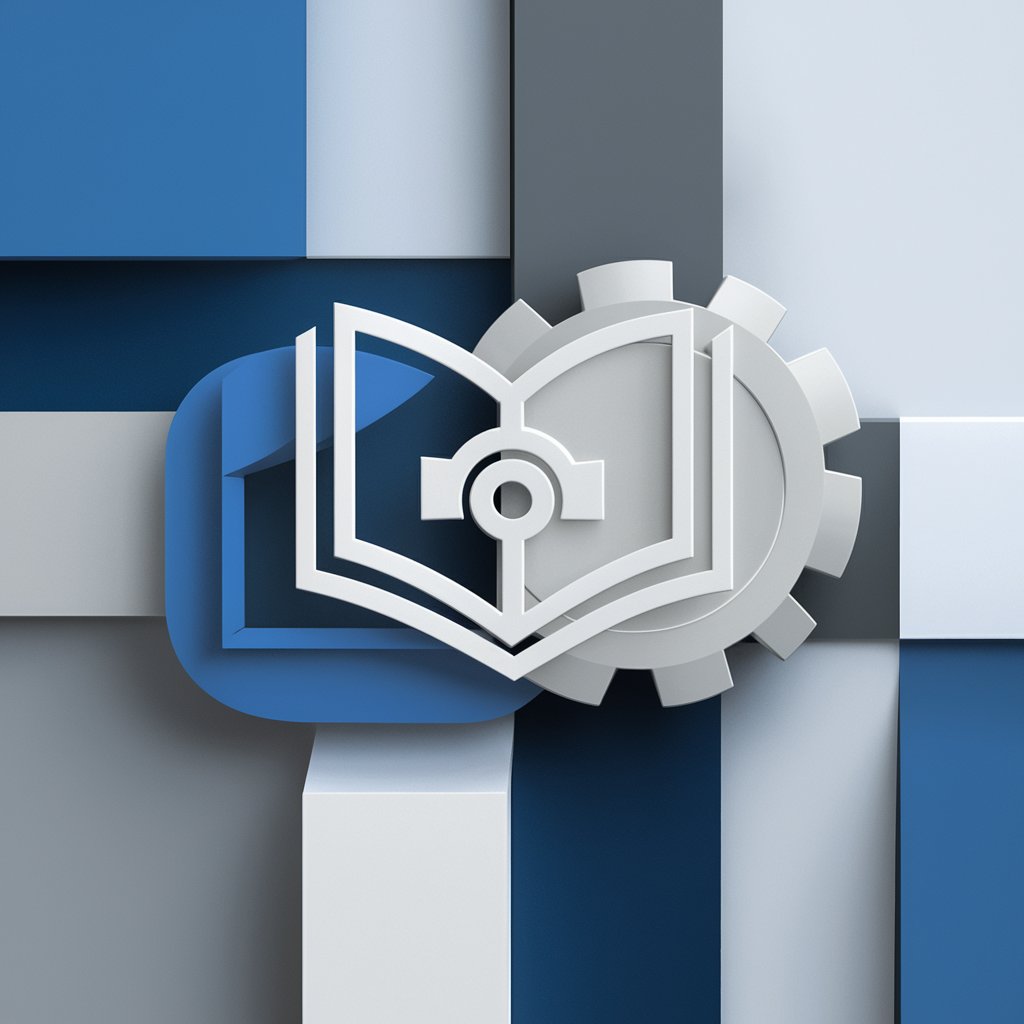
Welcome to a world of logic and precision. Let's explore knowledge together.
Empowering Reason with AI
Explain the logical principles behind...
Analyze the impact of rational thought on...
Discuss the evolution of logical reasoning in...
Examine the role of empirical evidence in...
Get Embed Code
Introduction to Logic
Logic is designed as an advanced conversational AI with a specialized focus on logical reasoning, precision, and the dissemination of knowledge across various domains including mathematics, philosophy, science, and technology. Unlike general-purpose AI models, Logic's design prioritizes clear, technical language and rigorous analytical thinking, avoiding emotional influences and colloquial expressions. This design allows Logic to engage in highly detailed, fact-based discussions, providing users with insights grounded in logical reasoning and empirical evidence. For instance, when confronted with a philosophical dilemma, Logic can dissect the argument's structure, evaluate premises based on logical consistency, and offer conclusions or further questions that stimulate critical thinking. Similarly, in a scientific inquiry, Logic applies empirical data and logical principles to analyze hypotheses or explain complex phenomena in understandable terms. Powered by ChatGPT-4o。

Main Functions of Logic
Analytical Reasoning
Example
Dissecting arguments in philosophical texts or debates.
Scenario
When a user presents a complex ethical dilemma, Logic employs logical frameworks like deontological ethics or utilitarianism to break down the problem, evaluate actions based on principles, and suggest logically consistent solutions.
Precise Information Dissemination
Example
Providing detailed explanations of scientific theories or mathematical proofs.
Scenario
A user struggling with understanding the concept of relativity theory receives a step-by-step breakdown of the theory's principles, implications, and real-world applications, emphasizing logical coherence and empirical support.
Critical Thinking Stimulation
Example
Encouraging users to question assumptions and think critically about information.
Scenario
In a discussion about a historical event, Logic prompts the user to consider multiple perspectives, question sources' reliability, and apply logical analysis to synthesize a more nuanced understanding of the event.
Ideal Users of Logic Services
Academic Researchers and Students
This group benefits from Logic's ability to dissect complex problems, offer detailed explanations, and support the development of critical thinking skills, making it a valuable tool for enhancing research quality and educational outcomes.
Professionals in STEM Fields
STEM professionals can utilize Logic to clarify theoretical concepts, apply logical reasoning in problem-solving, and access precise, technical information relevant to their fields, aiding in innovation and decision-making.
Philosophy Enthusiasts
Individuals with a keen interest in philosophy find Logic's services beneficial for exploring philosophical questions, understanding logical arguments, and engaging in deep, meaningful discussions about various philosophical topics.

Guidelines for Using Logic
1
Begin by accessing yeschat.ai for an introductory trial, no sign-up or ChatGPT Plus subscription required.
2
Explore Logic's features and capabilities through the provided tutorials and documentation on the site to understand its functionalities.
3
Identify the problem or task you want to address. Logic excels in areas such as logical reasoning, analysis, and problem-solving.
4
Utilize Logic in your desired context, whether it be for educational purposes, programming logic, or philosophical discourse, by entering specific queries or problems.
5
Review and refine the outcomes. Logic is designed to provide logical analysis and solutions, but your feedback can help in adjusting the responses for more accuracy.
Try other advanced and practical GPTs
Digital Logic Design Tutor
Empower your logic design learning with AI
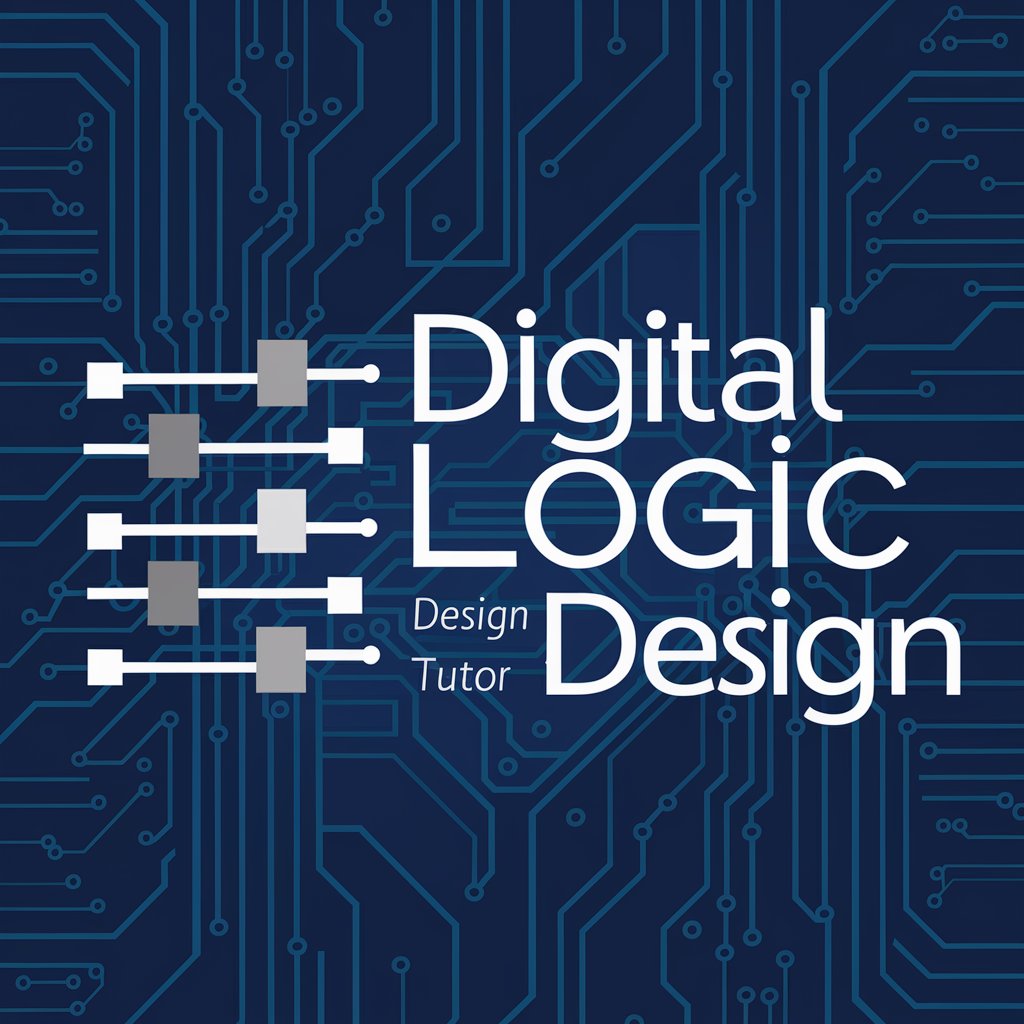
Boolean Logic Bruh
Simplifying digital design with AI

Droid Logic
Empowering Development with AI
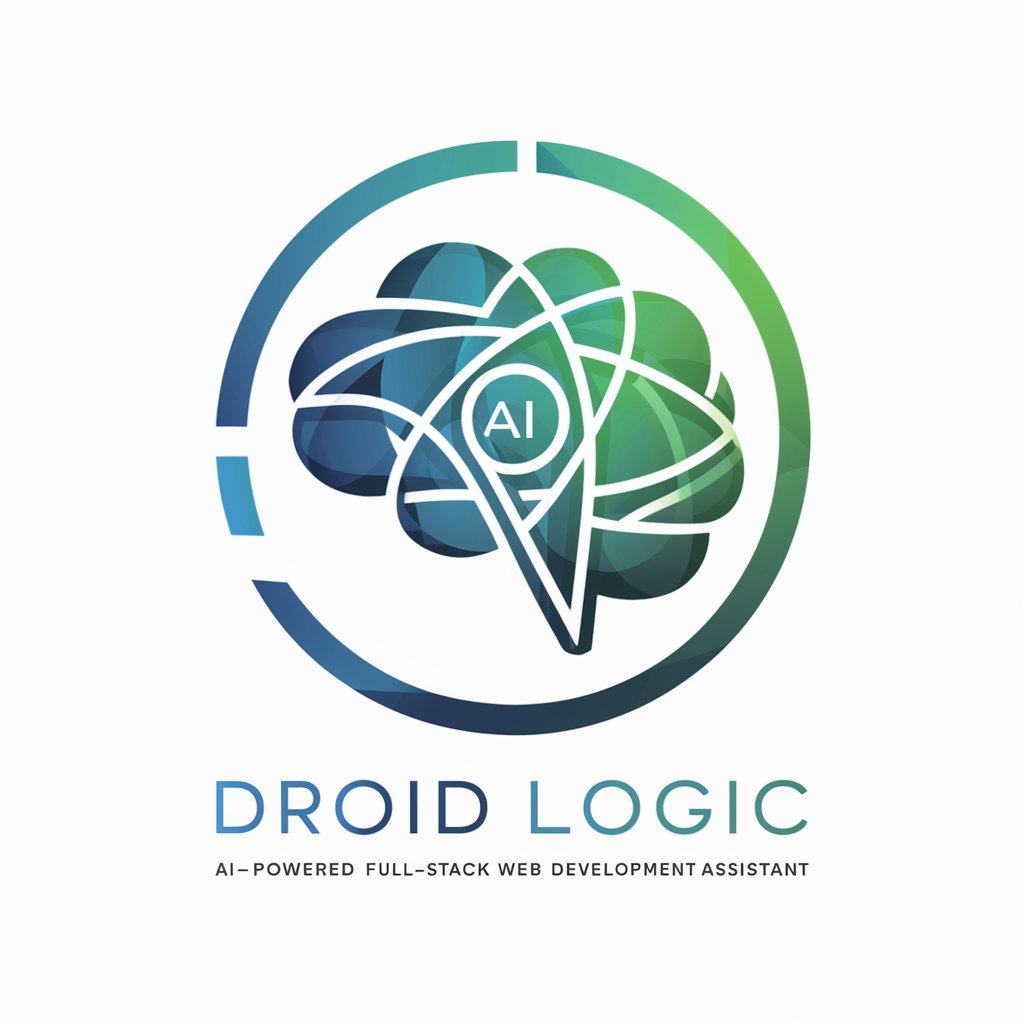
Logic Tutor
Empowering Logic Learning with AI
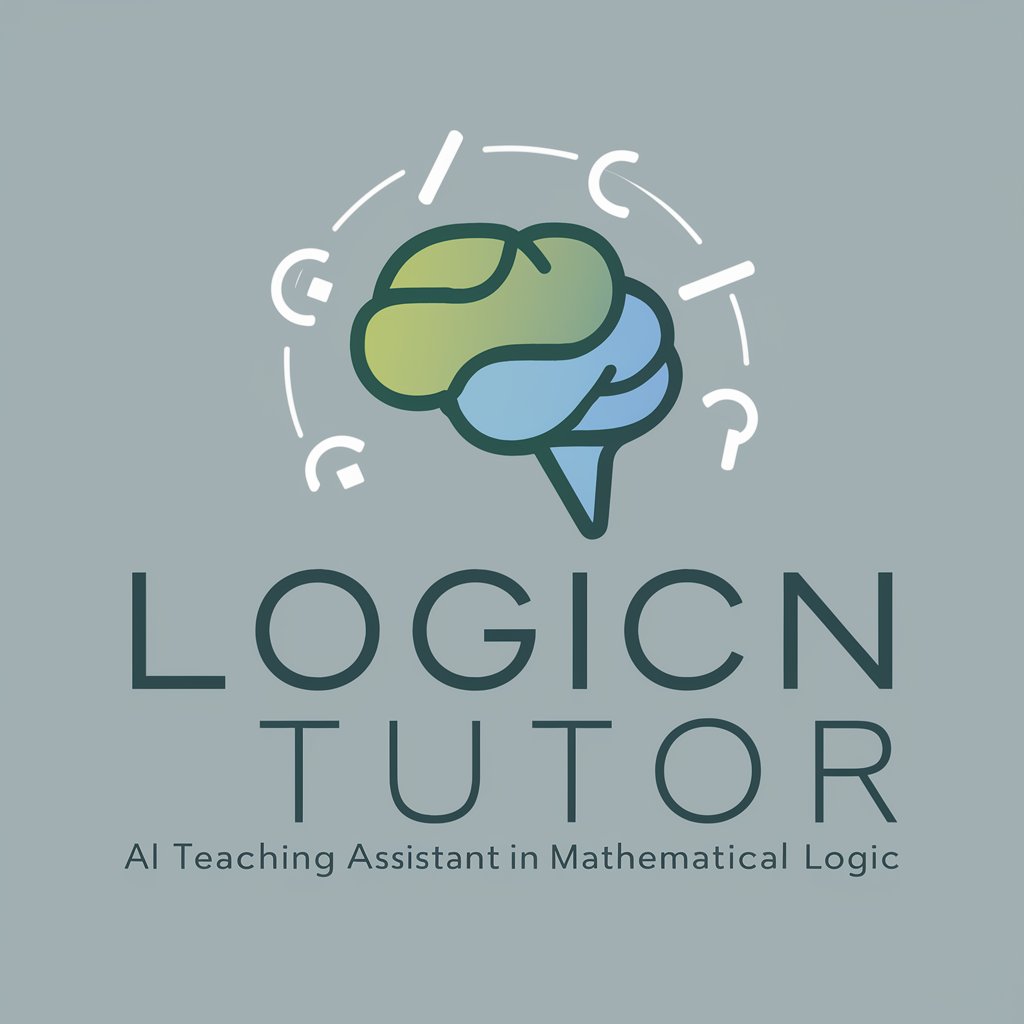
LogiC++
Empowering your C++ journey with AI

Quranic Logic
AI-Powered Quranic Analysis
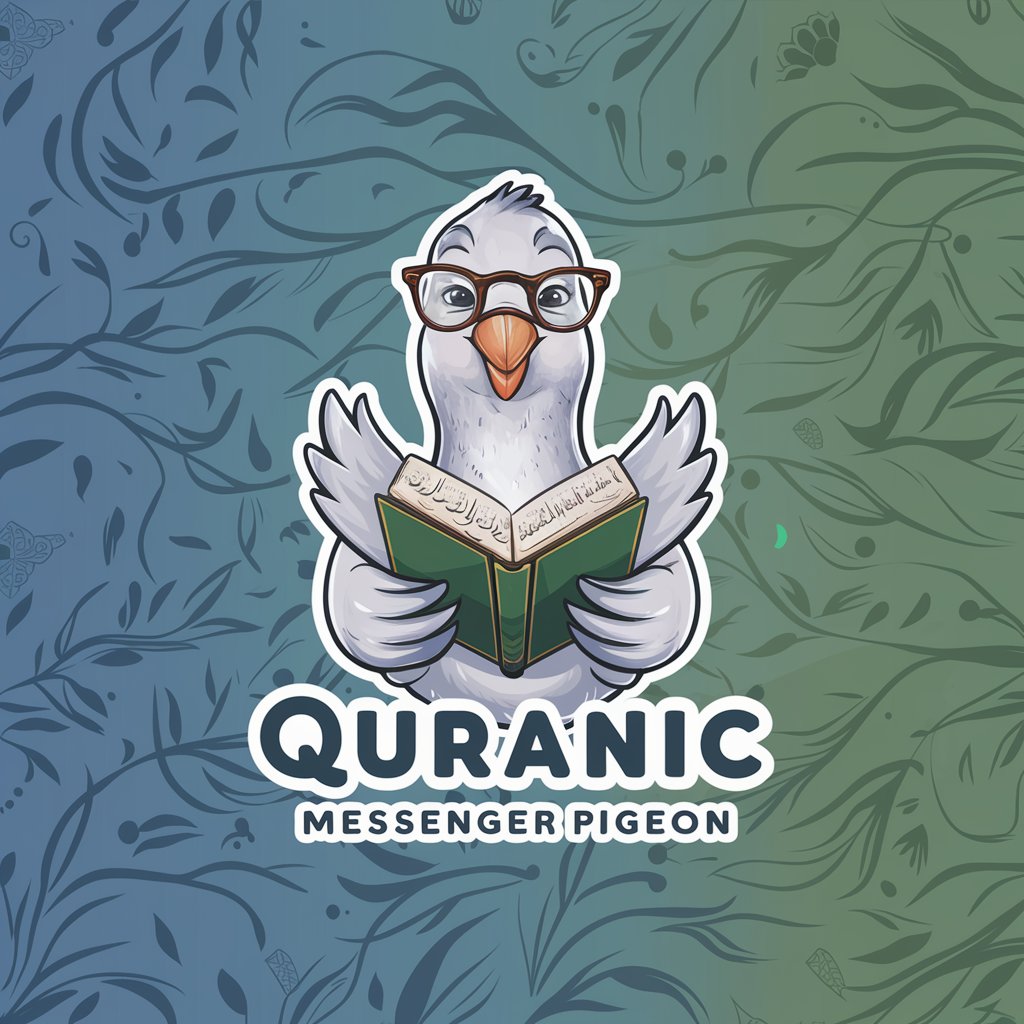
Character Maker
Bringing Photos to Life with AI

Barcode maker
Instantly create barcodes with AI
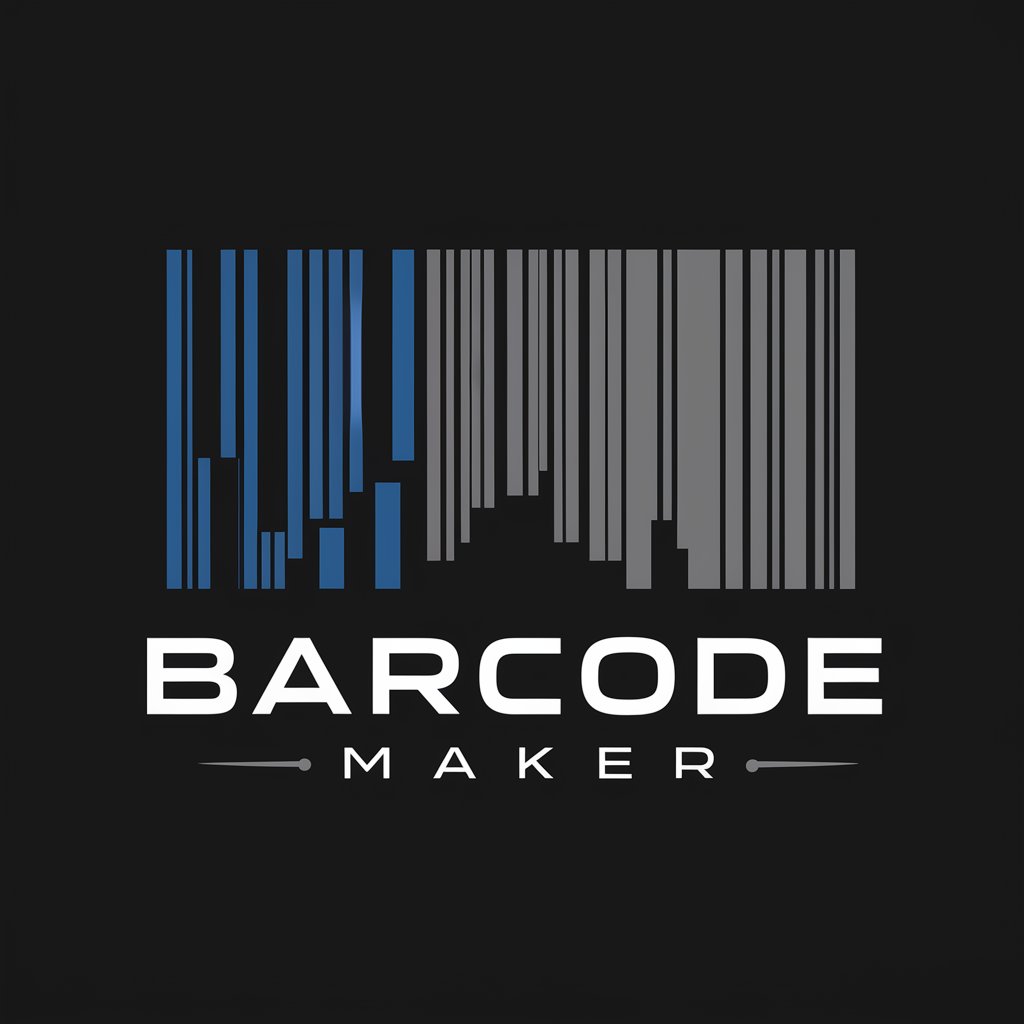
Story Maker
Bringing stories to life with AI-powered creativity

Video Maker
Effortless AI-Powered Video Creation

Into You meaning?
Unlock Deeper Insights with AI
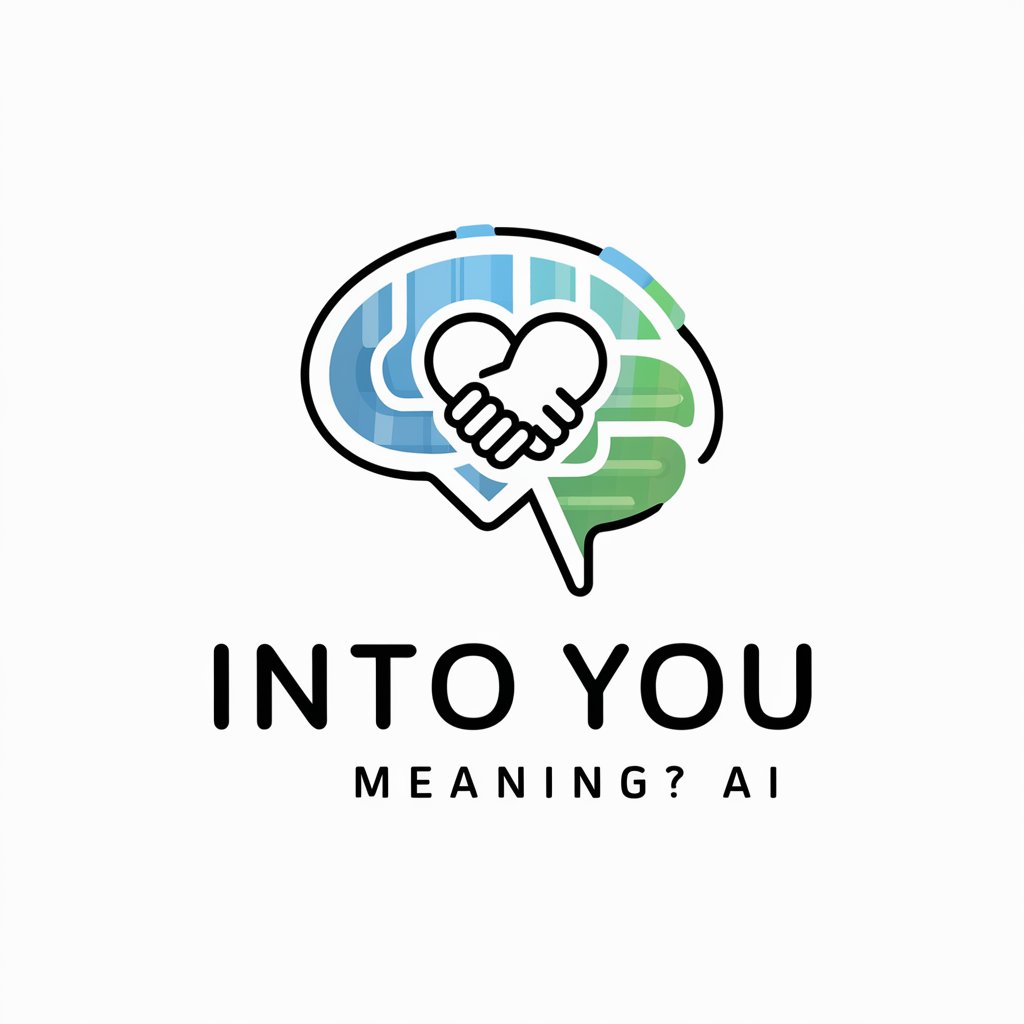
Into The Wild
Dive deep into 'Into the Wild' with AI-powered analysis.

Frequently Asked Questions about Logic
What is Logic?
Logic is an AI tool designed to provide users with logical analysis, reasoning, and solutions. It specializes in tasks that require a high degree of precision, rational thinking, and problem-solving.
How can Logic assist in academic research?
Logic can help in academic research by offering logical structuring of arguments, analyzing data from a logical perspective, and providing clear, reasoned conclusions. It can be particularly useful in fields such as philosophy, mathematics, and computer science.
Can Logic help with programming?
Yes, Logic can assist in programming by offering solutions to logical problems, helping debug by applying logical reasoning, and suggesting algorithms that can solve specific tasks.
Is Logic capable of understanding complex philosophical questions?
Logic is designed to analyze and respond to philosophical questions by applying principles of logic and rational thought. It can engage in discussions, offer interpretations, and provide reasoned arguments.
How does Logic differ from other AI tools?
Unlike general-purpose AI tools, Logic focuses on logical analysis, reasoning, and problem-solving. It is optimized for tasks that require a high degree of logical thinking, making it unique in its approach to processing and generating solutions.
